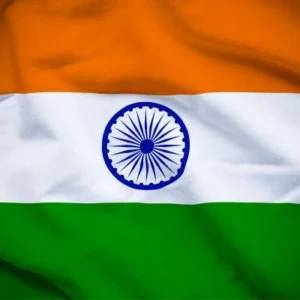In a major step to boost regional trade and agricultural development, stakeholders from Côte d’Ivoire and Ghana convened to review a draft assessment report on cross-border cocoa and rice value chains. The initiative, led by the United Nations Economic Commission for Africa (ECA) in collaboration with the African Union Commission (AUC) and ECOWAS, seeks to strengthen diversification, value addition, and intra-African trade under the African Continental Free Trade Area (AfCFTA).
Opening the session, Joan Kagwanja, Chief of the Land and Agriculture Section at ECA, highlighted the transformative role of the AfCFTA. Adopted in 2018 and made operational in 2021, the AfCFTA represents one of the largest free trade zones globally, encompassing a market of 1.2 billion people that is expected to grow to 2.5 billion by 2050. Kagwanja described the agreement as more than a trade pact, framing it as a tool for dismantling colonial borders, promoting sustainable development, and driving the African Union’s Agenda 2063. She stressed that building regional agricultural value chains will be crucial to achieving food security and economic transformation across Africa.
The ECA, in partnership with the AUC, previously developed Guidelines for the Development of Regional Agricultural Value Chains in Africa, which were endorsed by the African Union in 2019. These guidelines offer policymakers a framework to advance sustainable agricultural growth and enhance intra-African trade. Building on this foundation, ECA launched a pilot project in Zambia and Zimbabwe focused on maize and dairy value chains, which has now been extended to Côte d’Ivoire and Ghana with an emphasis on cocoa as a major export crop and rice as a staple food.
The draft report under review will inform a pre-feasibility study for a proposed Common Agro-Industrial Park (CAAP) between the two countries. The park is expected to boost agro-processing capacity, reduce post-harvest losses, and facilitate cross-border trade. According to Kagwanja, developing efficient cocoa and rice value chains between Côte d’Ivoire and Ghana will not only expand intra-regional trade but also strengthen collaboration among governments, industries, and academic institutions.
The workshop brought together key representatives, including Janet Edeme from the African Union Commission, who addressed agricultural and rural development priorities; Esse Rorigue of Côte d’Ivoire’s Ministry of Trade and Industry, who underlined the alignment with national industrial strategies; Diabate Inza from Côte d’Ivoire’s Ministry of Trade; and ZONON Abdoulaye of ECOWAS, who emphasized the program’s contribution to regional economic integration.
The final validated report will provide policymakers with actionable strategies to reinforce cocoa and rice value chains between the two countries. If successfully implemented, the approach could serve as a model for other ECOWAS member states, advancing Africa’s broader agricultural and industrial goals under the AfCFTA.







